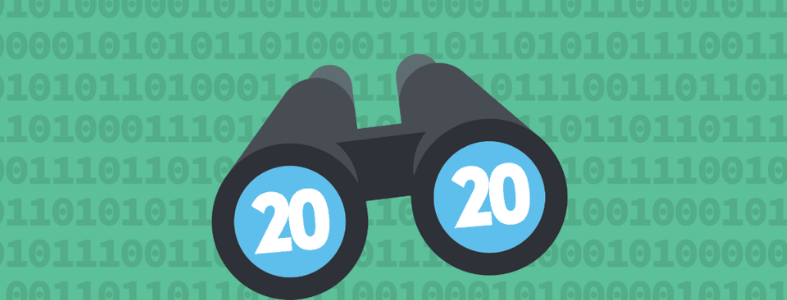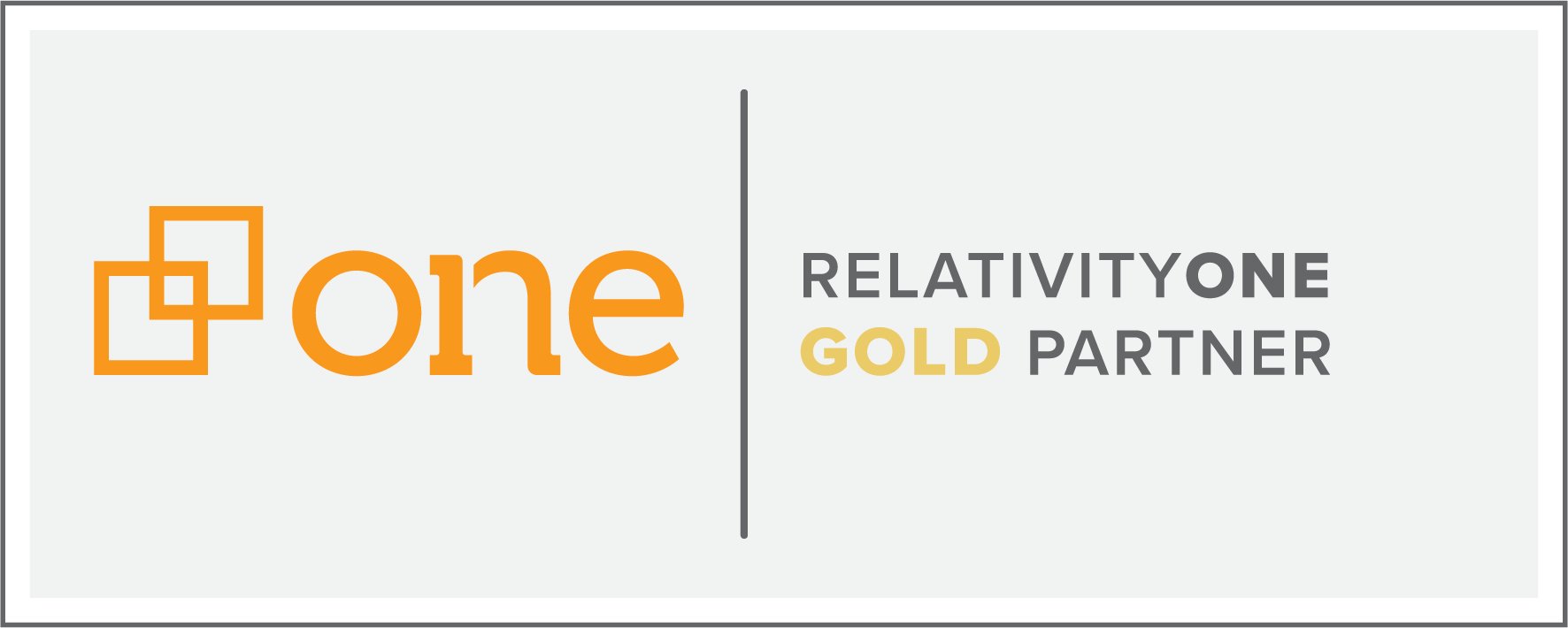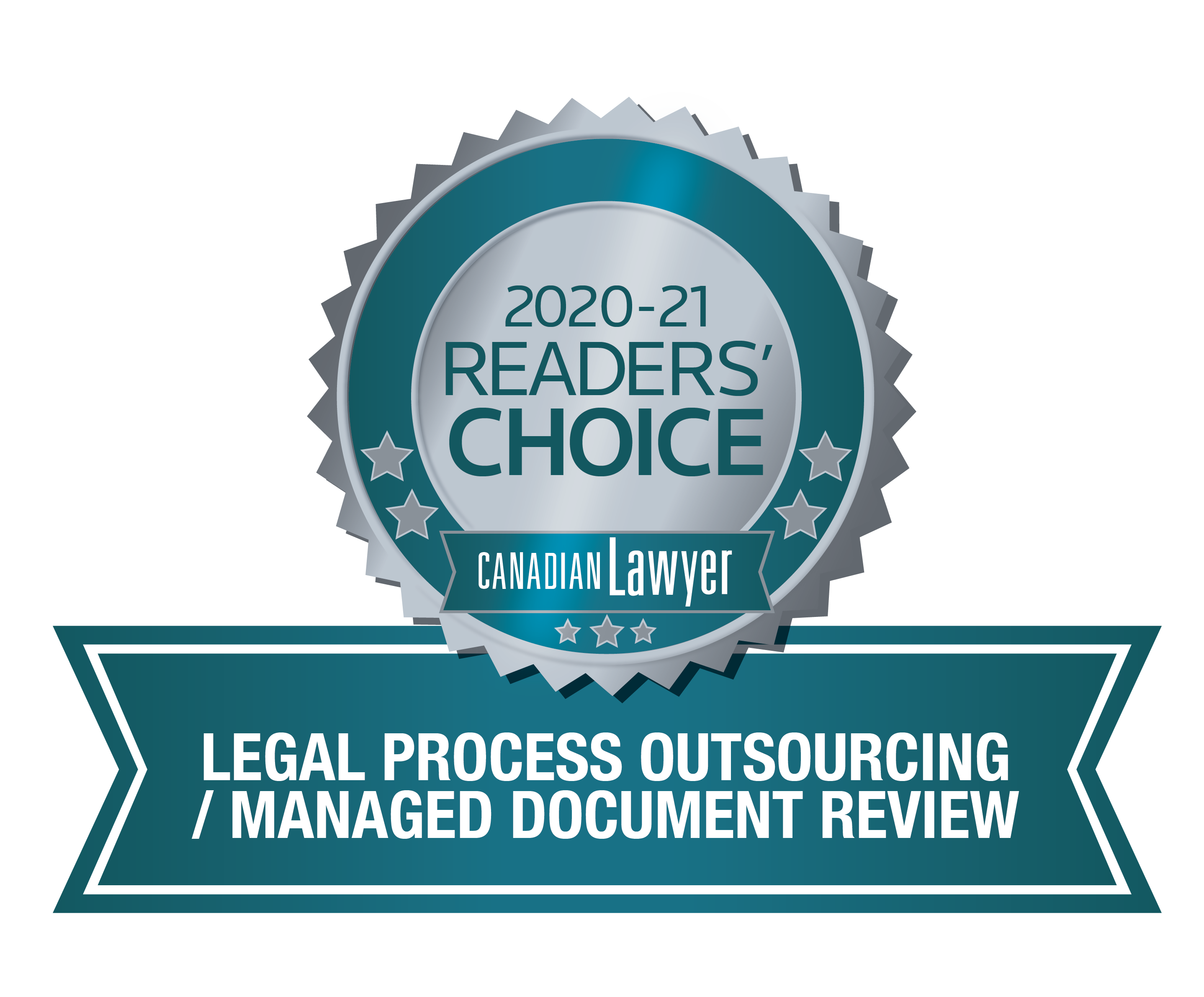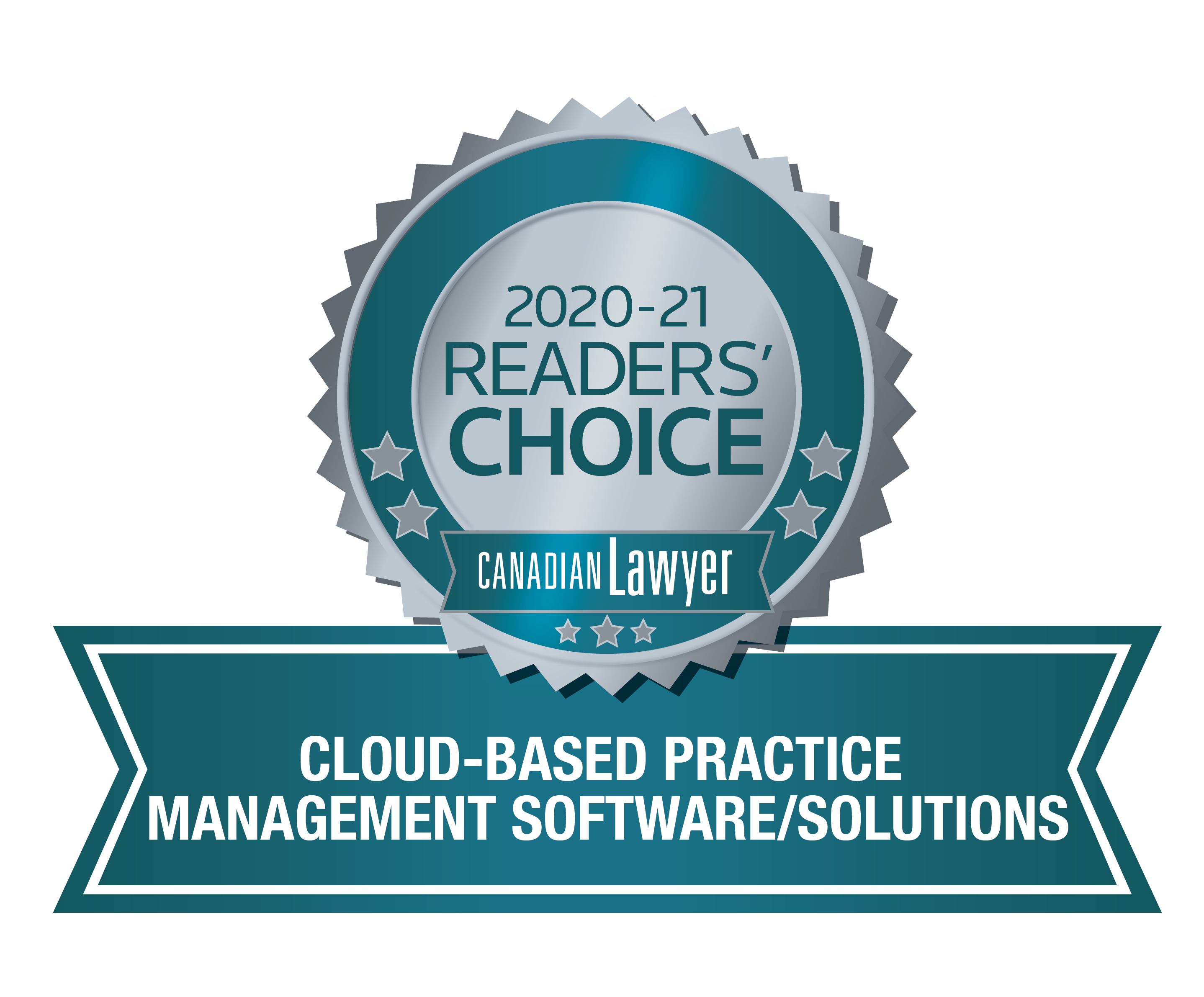Nine great industry news stories from this week you may have missed.
.png?width=787&name=Friday%20Top%209%20Feature%20Image%20(14).png)
Regulation Trends to Follow in 2020
2019 brought us a number of new regulations and laws that brought major implications to consumers and businesses across the globe. According to Heretik, there are plenty of more to come in the New Year. From the California Consumer Privacy Act (CCPA) to Brexit, this blog breaks down the biggest, most recent changes plus new regulation trends to keep an eye out for in 2020.
Jeff Bezos' phone hack
News surfaced that Amazon's CEO Jeff Bezos' phone was reportedly hacked this past week, proving that truly anyone can fall victim to cybersecurity attacks. According to a forensic investigation, the phone was hacked by sending a malicious WhatsApp file which resulted in large amounts of data being transferred from the device. Check out Business Insider's recent article to learn more details of this case along with tips to reduce the risk of this happening to you.
AI in Court: are robot judges next?
AI carries great promise as well as risks for all industries, however introducing it into the court system could come with especially high stakes. Despite the potential risks, AI and automation are already playing a large part in the US legal system. Learn what could be coming and what experts are warning against on ZDNet.com.
AI in self-driving cars can 'see' around corners
Researchers at US universities have created an imaging system powered by artificial intelligence that could help self-driving cars "see" around corners to identify hazards. The imaging system uses a conventional camera sensor and a laser beam that can be "bounced" off walls and onto objects to create a pattern – visually similar to the static on an old, untuned television to the naked eye. Learn how the image is then reconstructed by AI to deep-learn the workings of the human brain in the Telegraph's new article.
What the Brexit means for data protection and the GDRP
After years of turmoil, it seems the UK finally has a deal that sets out how it will leave the EU. While Boris Johnson's Withdrawal Agreement Bill (WAB) largely leaves existing data protection regulation in place, changes are still possible. During the transition period (which runs until December 31, 2020), data can flow freely between the UK and EU. But, what comes next? Find out all the details on CSO Online.
The Future of Lawyers: legal tech, AI, big data and online courts
In the future, is it conceivable that a firm would be charged with legal malpractice if they didn't use artificial intelligence (AI)? Forbes.com says yes. Today, AI offers a solution to solve or at least make the access-to-justice issue better and completely transform our traditional legal system. Find out what you need to know about how AI, big data, and online courts will change the legal system here.
Facebook speeds up AI
In order to improve their AI, Facebook engineers are "leaving the slowest of the pack behind". It’s part of the company’s new focus on “embodied AI,” meaning machine learning systems that interact intelligently with their surroundings. That could mean lots of things — responding to a voice command using conversational context, for instance, but also more subtle things like a robot knowing it has entered the wrong room of a house. Learn the full details on Tech Crunch.
Can tech replace eyes-on review?
Retired federal judge Andrew Peck has seen technology make its way into the courts, in part due to his own rulings promoting technology-assisted review (TAR) in e-discovery in 2012’s Da Silva Moore v. Publicis Groupe and 2015’s Rio Tinto v. Valle. However, he says there is still work to be done to integrate technology into the law, not only in the discovery process, but in archiving and information governance, privacy concerns around new data sources like biometrics and more. Despite being a supporter of legal tech, he still believes "eyes-on review is the 'Gold Standard'. Learn why on Law.com.
How to safeguard against cyberattacks on utilities
Last fall, the United States experienced its first-ever, long-lasting and deliberate, large-scale blackout. Fueled by increased fears of devastating fires due to its century-old equipment, the region’s utility companies shut off power to more than 1.5 million people forcing many evacuations. Harvard Business Review's latest article delves into what the backup plan should be for utility cyberattacks going forward.





-4.png?width=787&name=Copy%20of%20Friday%20Top%209%20Image%20Template%20(1)-4.png)

-4.png?width=787&name=Copy%20of%20Friday%20Top%209%20Image%20Template%20(2)-4.png)

-4.png?width=787&name=Copy%20of%20Friday%20Top%209%20Image%20Template%20(3)-4.png)

-3.png?width=787&name=Copy%20of%20Friday%20Top%209%20Image%20Template%20(4)-3.png)

-3.png?width=787&name=Copy%20of%20Friday%20Top%209%20Image%20Template%20(5)-3.png)

-4.png?width=787&name=Copy%20of%20Friday%20Top%209%20Image%20Template%20(6)-4.png)

-4.png?width=787&name=Copy%20of%20Friday%20Top%209%20Image%20Template%20(7)-4.png)

-3.png?width=787&name=Copy%20of%20Friday%20Top%209%20Image%20Template%20(8)-3.png)






